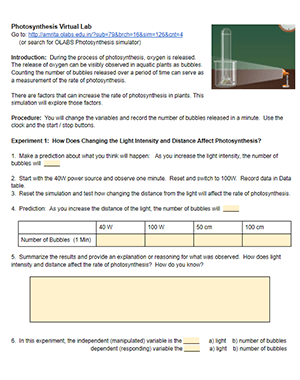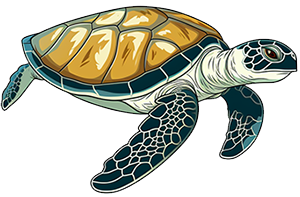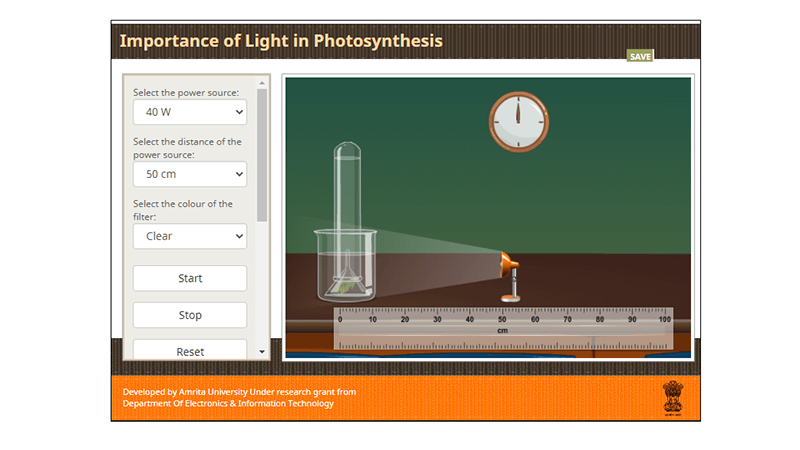
This lab was created to replace the popular waterweed simulator which no longer functions because it is flash-based. In this virtual photosynthesis lab, students can manipulate the light intensity, light color, and distance from the light source.
A plant is shown in a beaker and test tube which bubbles to indicate the rate of photosynthesis. Students can measure the rate over time. There is an included data table for students to type into the simulator, but I prefer to give them their own handout,
The handout is a paper version for students to write on as the work with the simulator. The document is made with google docs so that it can be shared with remote students.
There are several experiments that can be done in the lab that would complement this virtual experiment. For example, students can use elodea and measure the number of bubbles released when the plant is under a bright light. Algae beads can also be used to measure changes in pH as the plants consume carbon dioxide.


